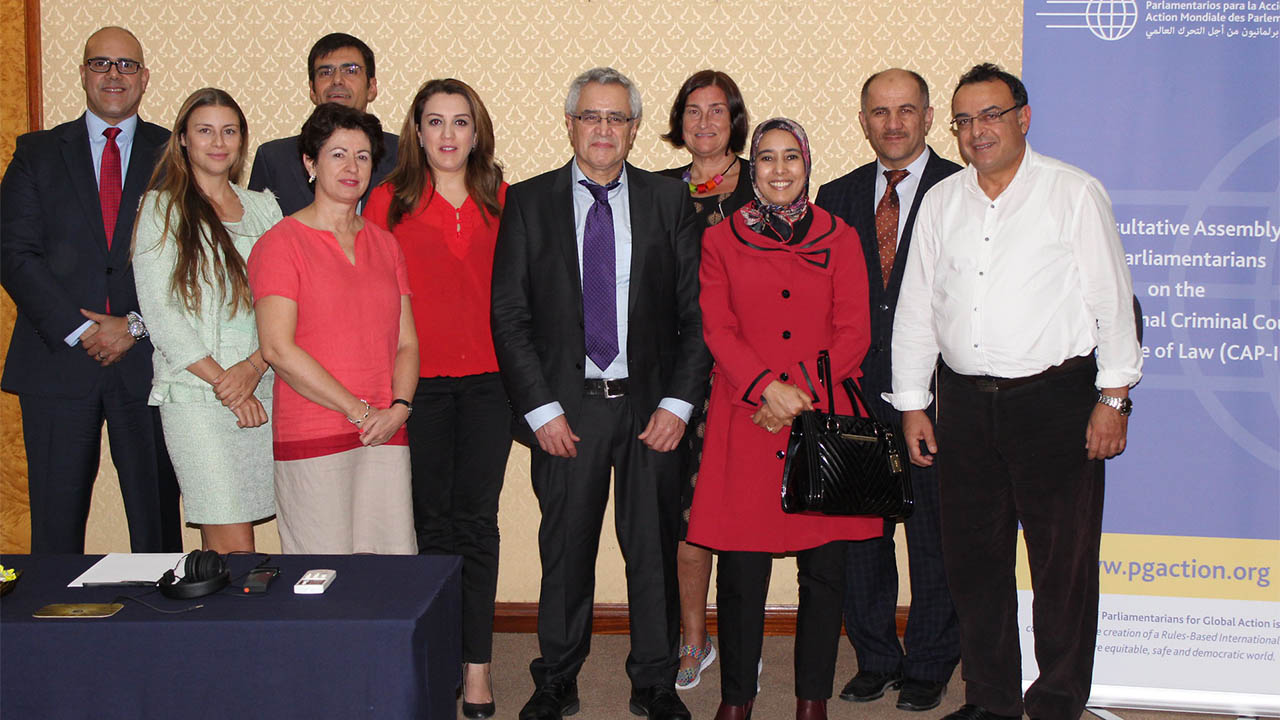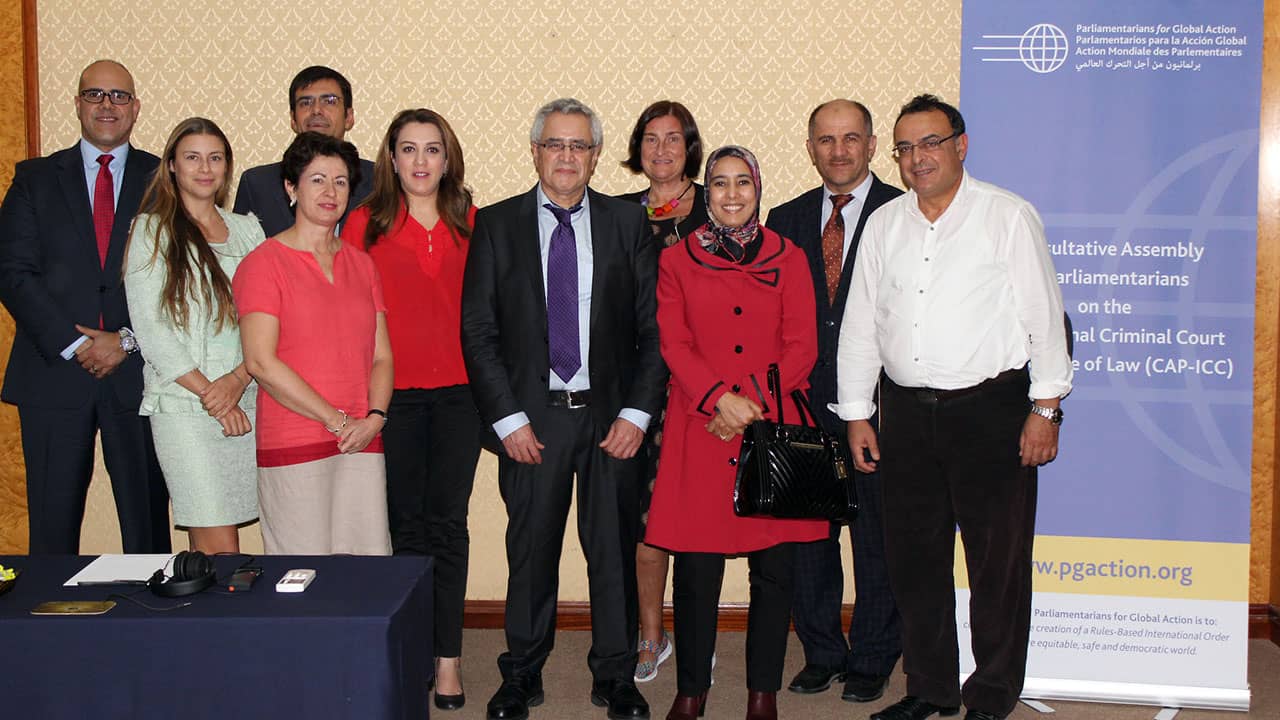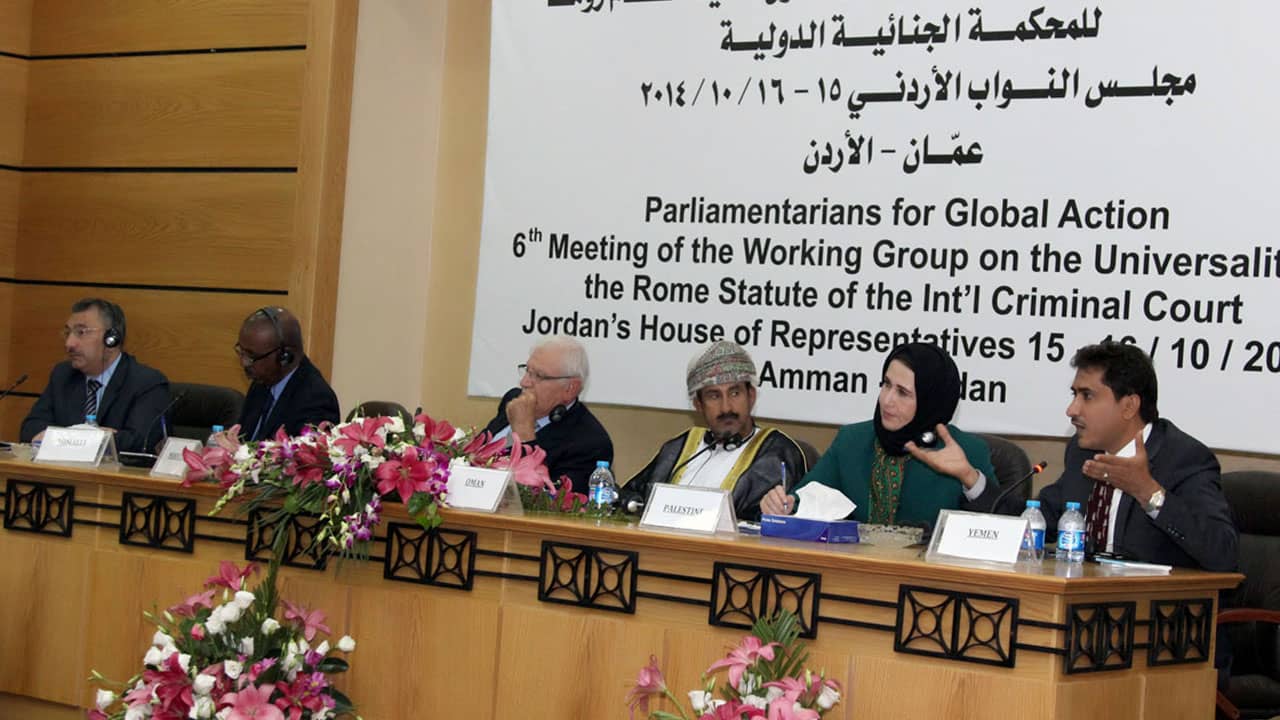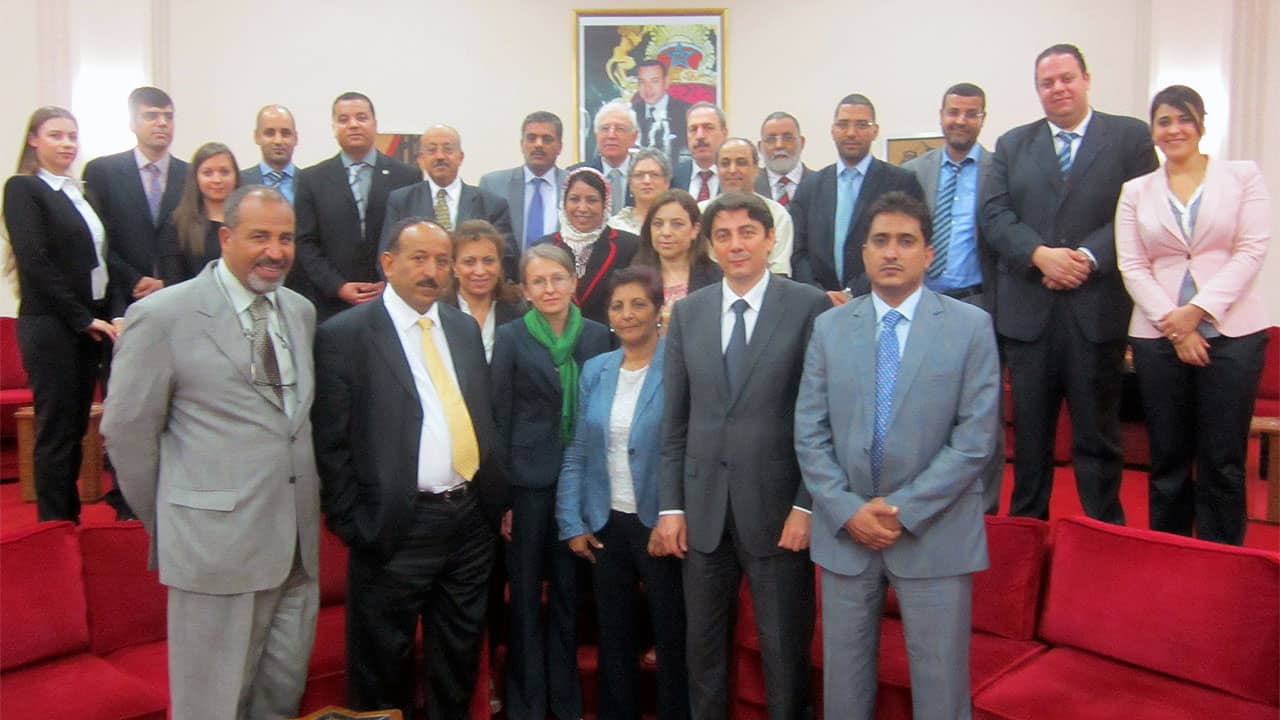Rome Statute
The Rome Statute was signed on 7 October, 1998 and was ratified on 11 of April, 2002.
Kampala Amendments of 2010
Jordan has not yet ratified the Amendments to the Rome Statute adopted by the 2010 Review Conference (Kampala Amendments) on the crime of aggression and on the use of certain weapons in armed conflict not of an international character.
Status on the Domestic Implementation of the Rome Statute
In 2007 the Ministry of Foreign Affairs started to work on the drafting of a comprehensive Implementing Legislation and opened an informal consultation with civil society organizations, implementation is still on hold though.
The Legal Affairs Committee had discussed the need for an implementing legislation of the Rome Statute during the year 2006. There is a National Committee in charge of drafting a law implementing the Rome Statute.
Agreement on Privileges and Immunities of the Court (APIC)
Jordan signed the APIC on 28 June 2004.
Prograss and Actions made by PGA
On 15-16 October 2014 PGA organized a Meeting of the Working Group on the Universality of the Rome Statute in the MENA Region.
On 17-18 May 2012 a Working Group on the Universality of the Rome Statute in the Middle East and the south Mediterranean (MEMED) was held in the Parliament of Morocco, Rabat
On 15-17 March 2009 PGA Consultations on the ICC in the Middle East and the Mediterranean (MEMED), were held in Manama, Bahrain
On 30 - 31 October 2008 Jordan attended the 30th Annual Forum: Strengthening Democratic Institutions, Accountability and the Rule of Law and V Consultative Assembly of Parliamentarians for the International Criminal Court, held in Santo Domingo, Dominican Republic.
On 19 - 22 May 2006 PGA organized a Round-Table Discussion on the ICC in Lebanon, Bahrain, Jordan and Morocco and participation of a delegation of legislators to the Conference on the Accession of Lebanon to the Rome Statute of the ICC, Beirut, Lebanon.











